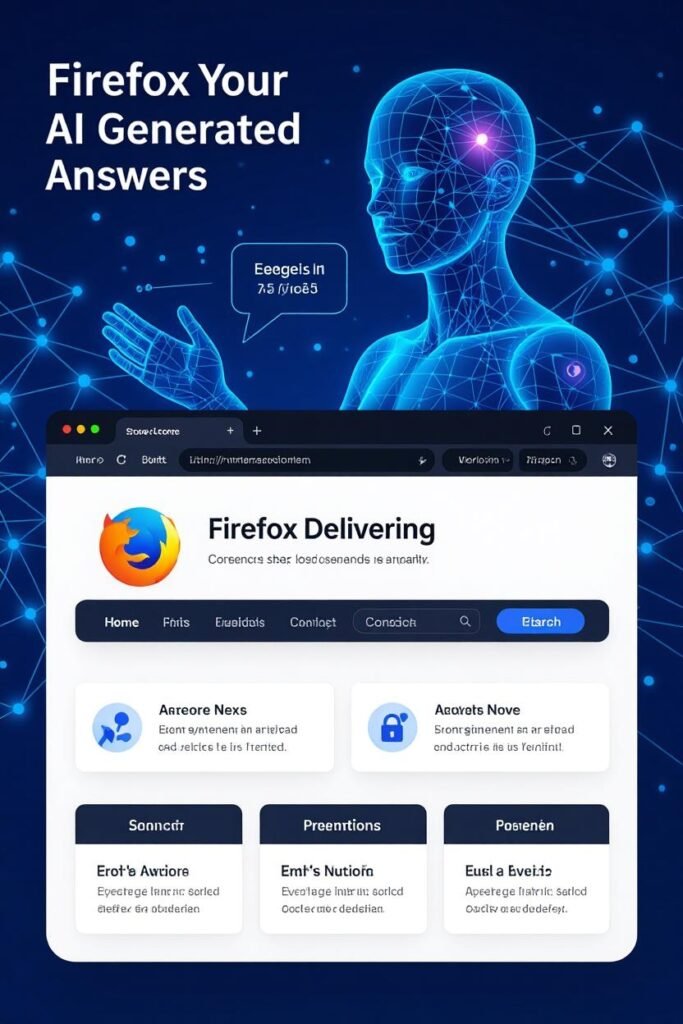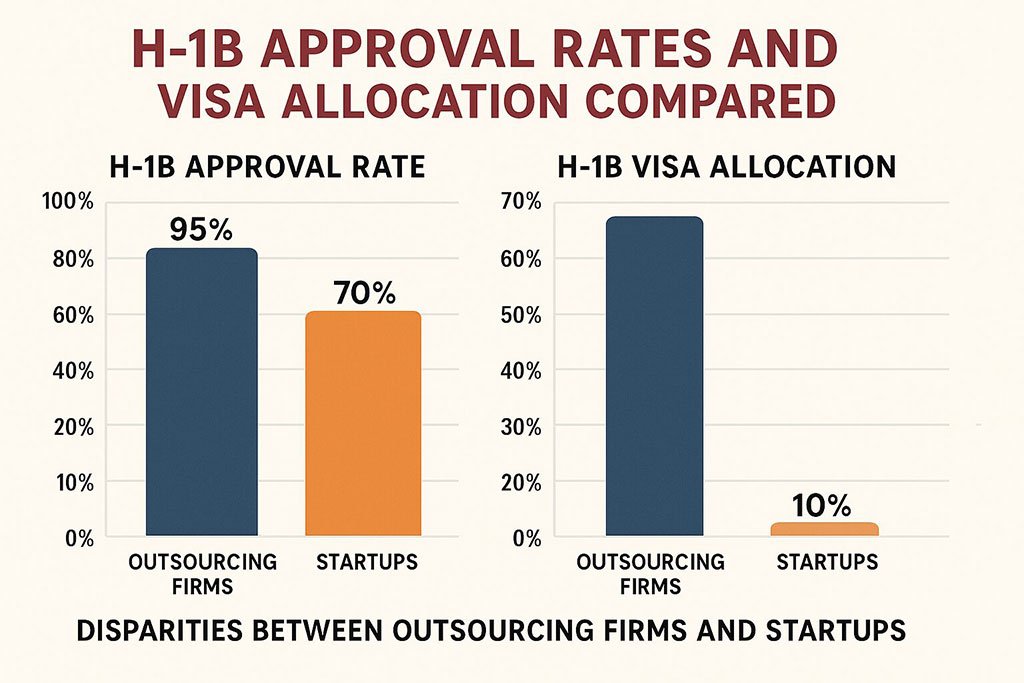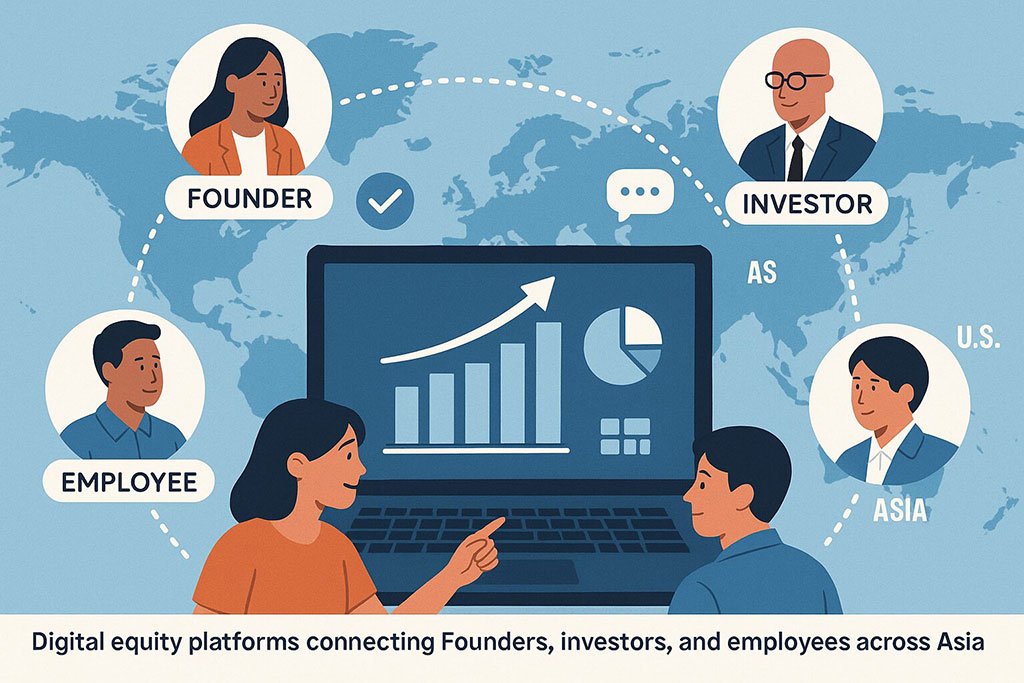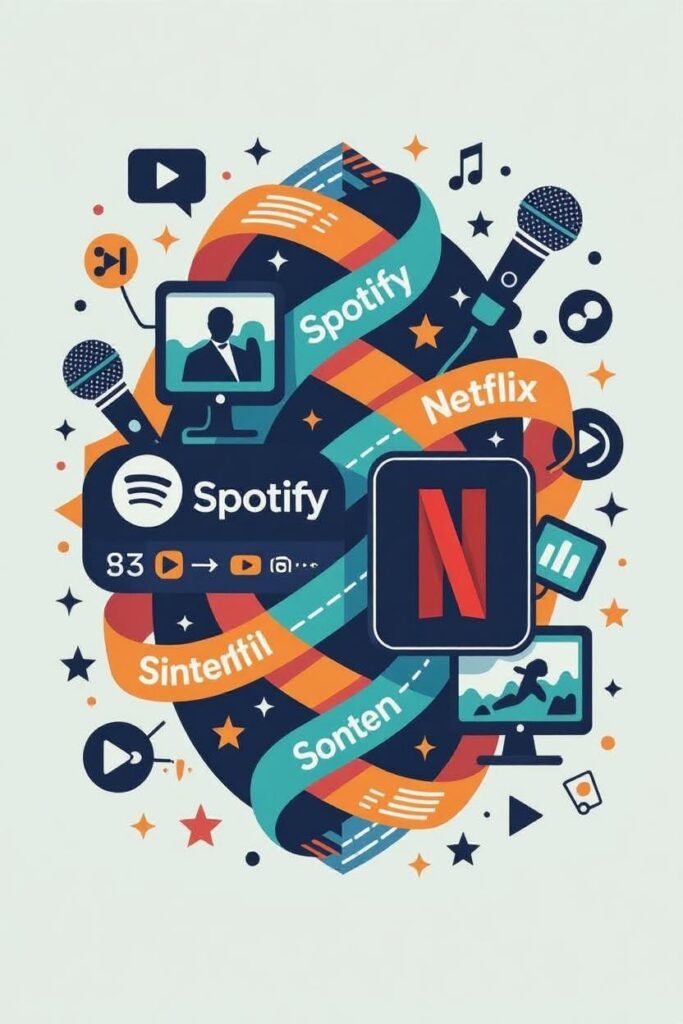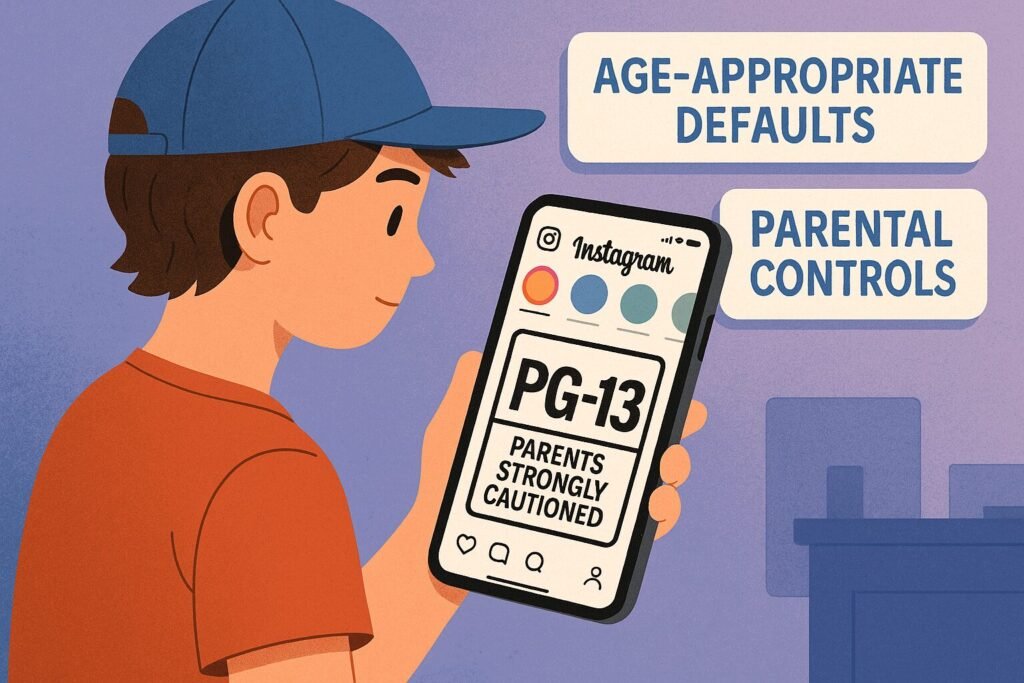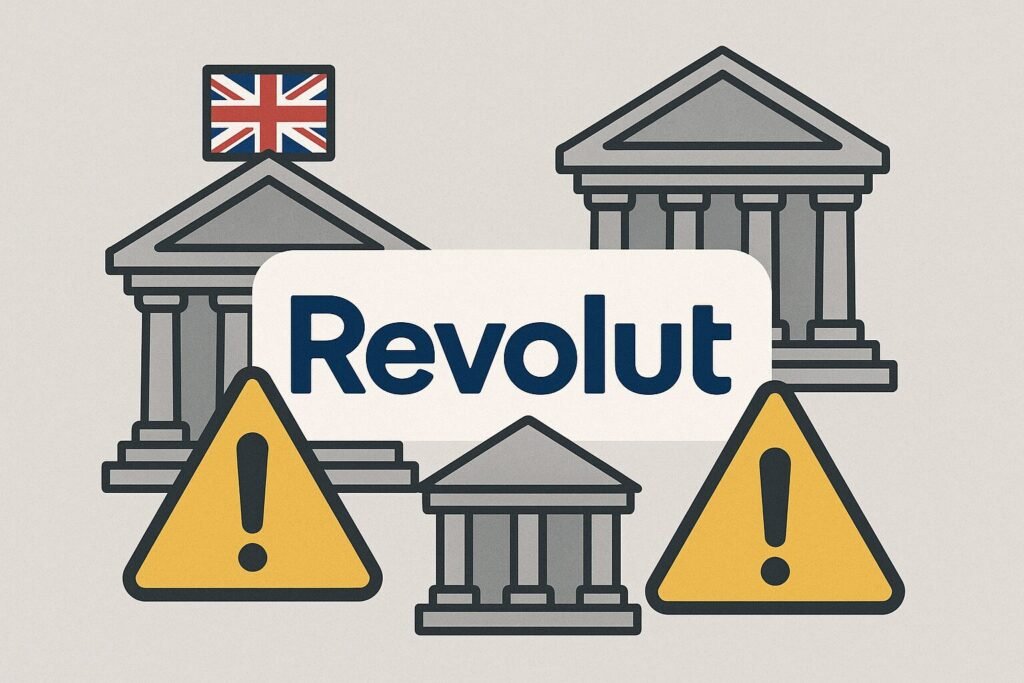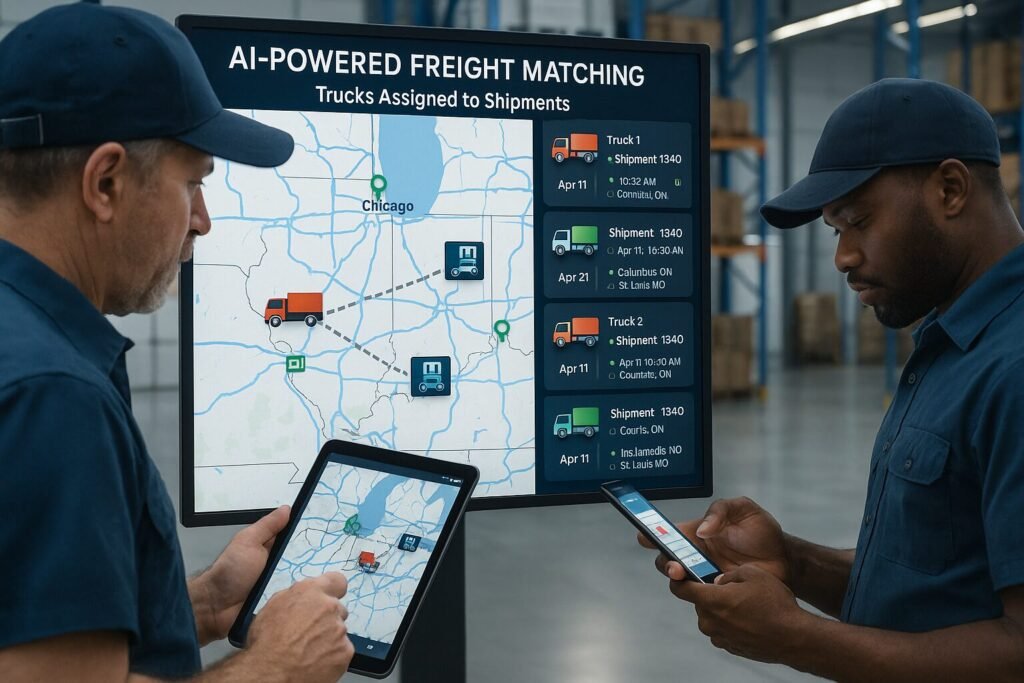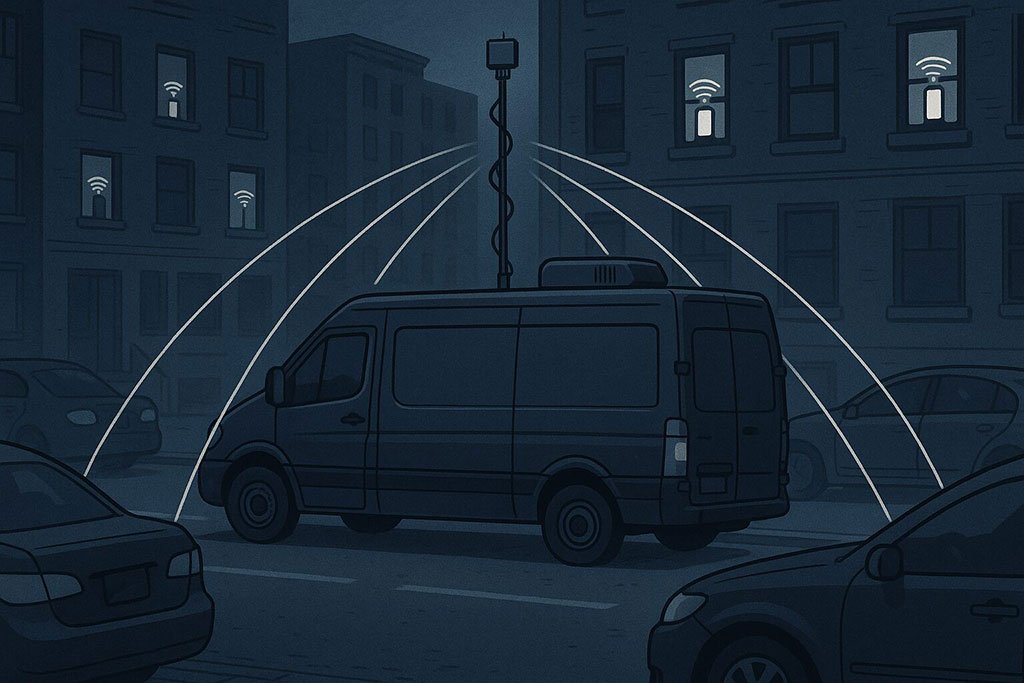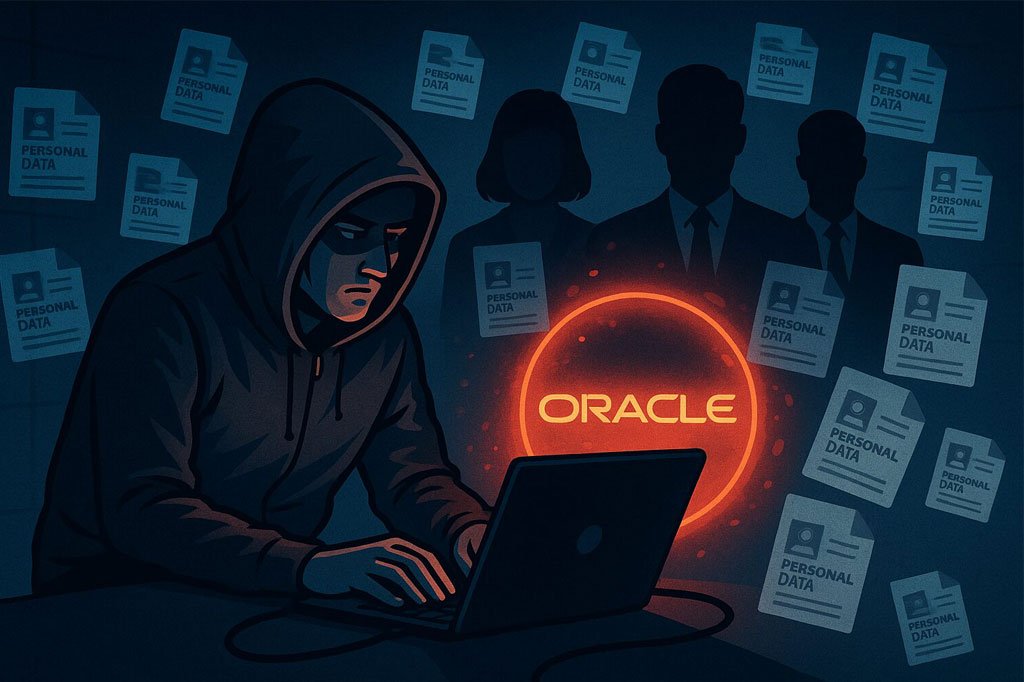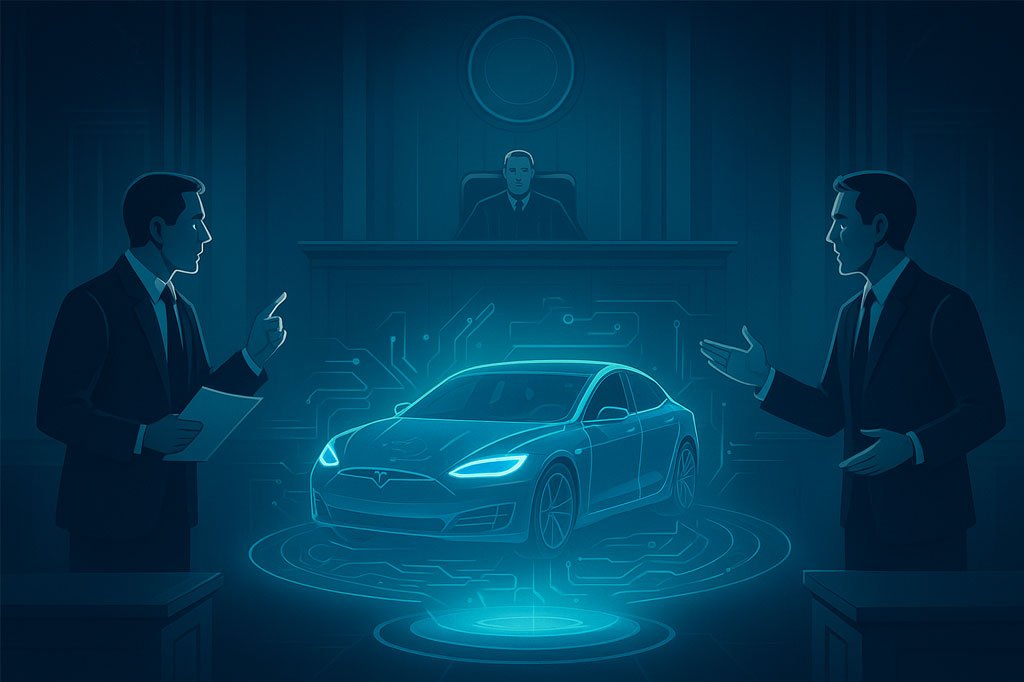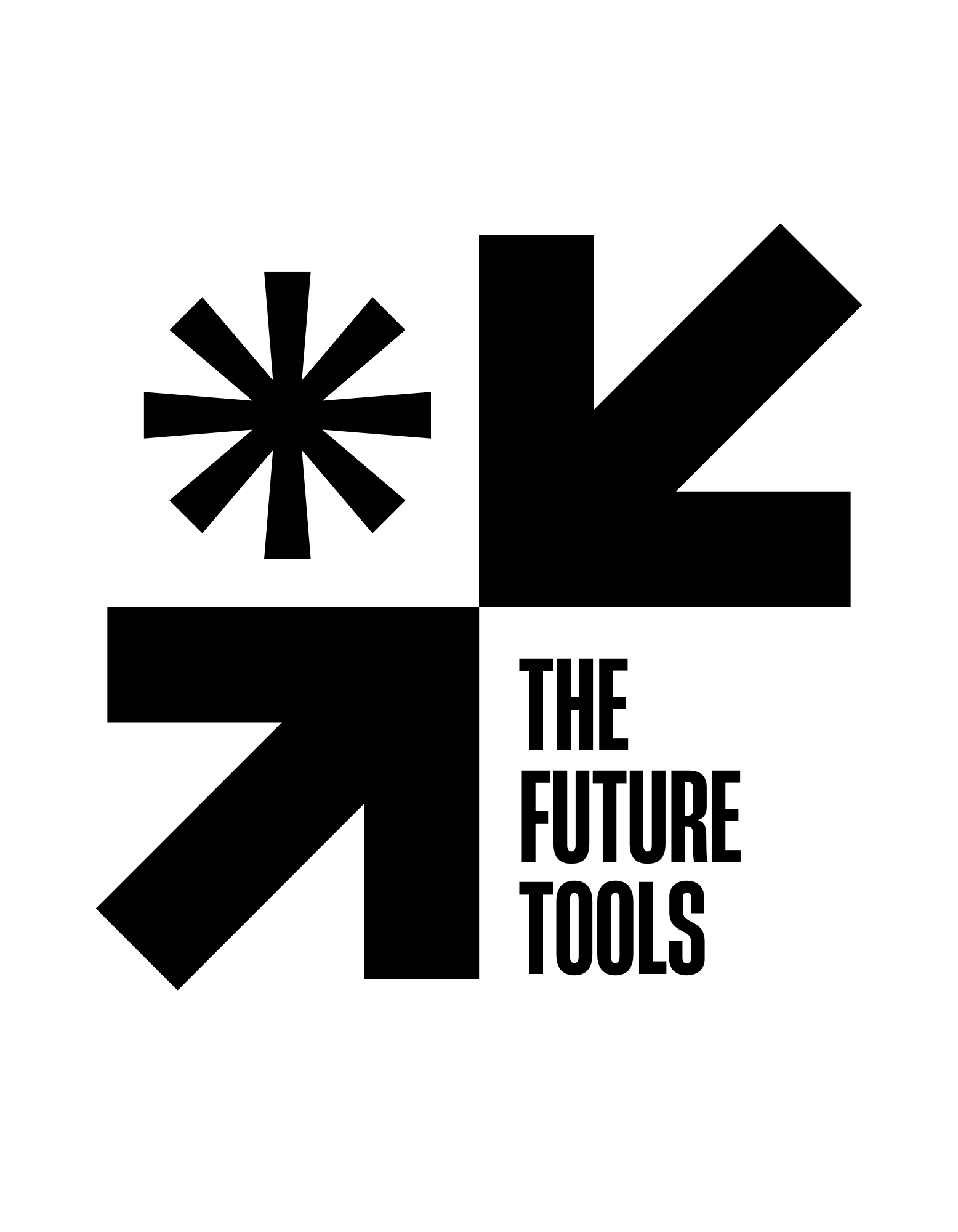Now Reading: Uber and Lyft Drivers in California Win a Path to Unionization
-
01
Uber and Lyft Drivers in California Win a Path to Unionization
Uber and Lyft Drivers in California Win a Path to Unionization
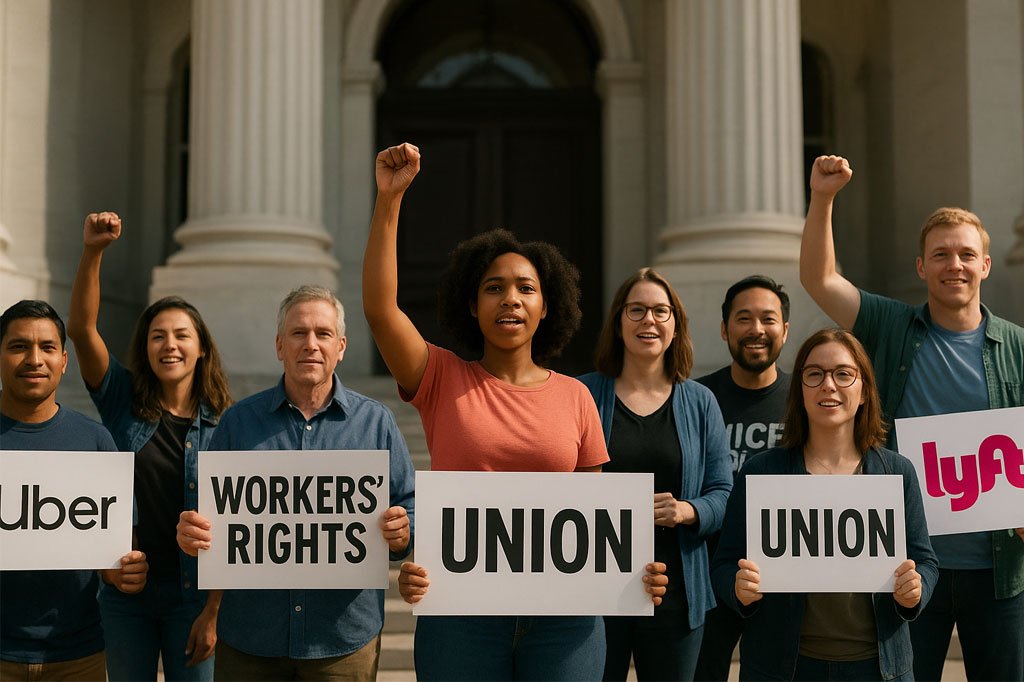
In a historic decision that could reshape the future of gig work, Uber and Lyft drivers in California have won a path to unionization. For years, rideshare drivers have fought for recognition as more than just “independent contractors,” seeking stronger rights, benefits, and protections.
This development gives gig workers a formal channel to collectively bargain, negotiate better wages, and push for improved working conditions. It’s not just a California issue — it’s a turning point that could influence the global rideshare economy.
In simple terms: Drivers now have a seat at the table.
Why Is This Unionization Move So Important?
-
Economic Security: Drivers can now push for fair pay structures instead of fluctuating earnings.
-
Workplace Protections: Unionization opens the door to benefits like healthcare, paid leave, and safety policies.
-
Voice in Policy: Drivers will have a collective say in how Uber and Lyft design policies that affect their livelihoods.
For the first time, California’s gig workers are closer to being treated like traditional employees without entirely losing the flexibility that attracted them to rideshare work.
A Quick Definition: What Does “Unionization” Mean for Gig Workers?
Unionization means workers form or join a union — an organized group that negotiates with employers on behalf of its members.
For Uber and Lyft drivers, this doesn’t mean they immediately become full-time employees. Instead, it means they gain the legal right to organize, elect representatives, and negotiate for:
-
Minimum pay guarantees
-
Fair deactivation policies
-
Healthcare and retirement benefits
-
Safety measures on the job
The Road to Unionization: A Long Struggle
The path to this point hasn’t been smooth.
-
2019: California passed AB5, a law classifying many gig workers as employees.
-
2020: Uber and Lyft backed Proposition 22, which exempted them from AB5 and kept drivers as independent contractors.
-
2021–2023: Legal challenges to Prop 22 created uncertainty. Courts debated whether gig workers deserved more rights.
-
2024–2025: This recent development finally gives California drivers a path to unionize without undoing Prop 22 entirely.
This compromise represents a middle ground — preserving flexibility but granting collective bargaining power.
Q&A: Breaking It Down
Will drivers become employees?
Not immediately. They remain independent contractors but gain the right to form unions and negotiate.
Does this impact passenger prices?
Potentially yes. Higher driver pay may lead Uber and Lyft to adjust pricing models.
Can all gig workers unionize now?
This ruling is specific to rideshare drivers in California, but it sets a precedent for other gig industries like food delivery.
Why did Uber and Lyft resist unionization before?
Both companies argued unionization could increase costs and disrupt their flexible business model.
Regional Analysis: US, Europe, and India
United States (California as Ground Zero)
-
California often leads labor reforms, and this move could inspire other states.
-
New York, Illinois, and Washington are already considering similar measures.
-
National unions like the Teamsters are closely watching.
Europe (Strong Worker Protections Already in Place)
-
The European Union passed legislation in 2023 requiring gig platforms to treat many workers as employees.
-
Unionization in California may strengthen EU regulators’ stance that platforms must guarantee fair pay.
India (Emerging Gig Economy)
-
India’s rideshare workforce exceeds 5 million drivers.
-
Unionization is still weak, but the California model could spark debate about minimum pay laws in India.
-
States like Karnataka and Delhi have begun discussing gig worker protection bills.
Economic and Social Impact
-
For Drivers: Greater bargaining power, financial stability, and a sense of dignity in work.
-
For Companies: Possible rise in labor costs, but stronger labor relations could improve retention.
-
For Society: Safer, more reliable rideshare services as drivers feel more secure and valued.
A study by the UC Berkeley Labor Center estimated that unionized gig workers could earn 20–30% higher wagescompared to current averages.
FAQs: People Also Ask
What does unionization mean for Uber and Lyft drivers?
It means drivers can organize collectively to negotiate better pay and protections without being reclassified as full employees.
Will this affect Prop 22 in California?
No, Prop 22 remains in effect. Unionization is a new layer of protection without overturning the law.
Can Uber and Lyft drivers in other states unionize?
Not yet, but California’s decision could influence state-level legislation elsewhere.
Will unionization increase rider fares?
Possibly. Higher driver wages may lead to price adjustments, but long-term, it could also improve service quality.
What industries could be next after rideshare?
Food delivery (DoorDash, Instacart) and freelance gig platforms may face similar unionization pushes.
Call-to-Action (CTAs)
-
For Drivers: Stay informed and consider joining local rideshare worker associations to understand your rights.
-
For Businesses & Policy Leaders: Watch California closely — this could redefine the future of gig economy laws worldwide.




